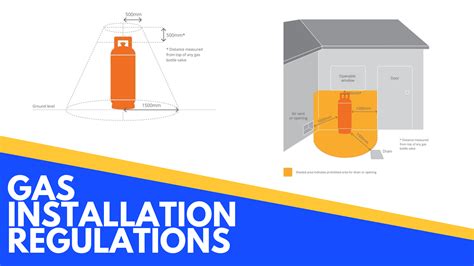The Bitcoin Buzz: Navigating the Wild West of Cryptocurrency with Stops, Gas, and Wallets
Cryptocurrencies are often associated with volatility, but navigating these markets requires a deep understanding of several concepts, including stops, gas fees, and wallets. In this article, we’ll dive into the basics of each topic to help you make informed decisions when trading in the world of cryptocurrencies.
For: The Safety Net
A stop order is an automatic buy or sell instruction placed with a broker or exchange before a specific price level is reached. This order can be triggered by market fluctuations and is intended to limit potential losses. For example, if you’ve entered a long position at $50,000, you can set a stop loss at $49,500. If the price falls below this level, your sell order will be executed and prevent major losses.
To execute a stop order, you’ll need to have a brokerage or exchange account that allows this feature. Some popular platforms for buying and selling cryptocurrencies include Coinbase, Binance, and Kraken.
Gas Fees: The Cost of Transaction
Gas fees, also known as transaction fees, are the costs associated with processing transactions on blockchain networks like Bitcoin. These fees can be high, especially during periods of congestion or when transactions are taking place between a large number of users. Buyers typically pay gas fees in exchange for their cryptocurrencies.
To minimize gas fees, you’ll want to consider trading during times of low market volatility and avoid using large amounts of cryptocurrencies simultaneously. You may also want to explore alternative payment methods, such as credit cards or e-wallets, that don’t charge high fees.
Best Wallets: A Safe Haven

A wallet is a digital storage device used to secure, send, and receive cryptocurrencies. When choosing the best wallet for your needs, consider factors like security, compatibility with multiple blockchain networks, and ease of use. Some popular cryptocurrency wallets include:
- MetaMask (Bitcoin, Ethereum, and other altcoins)
- Electrum (Bitcoin and other altcoins)
- Ledger Live (Bitcoin, Ethereum, and other altcoins)
When selecting a wallet, make sure it is compatible with your preferred blockchain network and meets the security standards you require.
Conclusion
Navigating the world of crypto requires a thorough understanding of stops, gas fees, and wallets. By mastering these concepts, you will be better equipped to make informed decisions when trading in the wild west of crypto markets. Always remember to prioritize security, research, and patience when exploring this exciting new frontier.
Leave a Reply